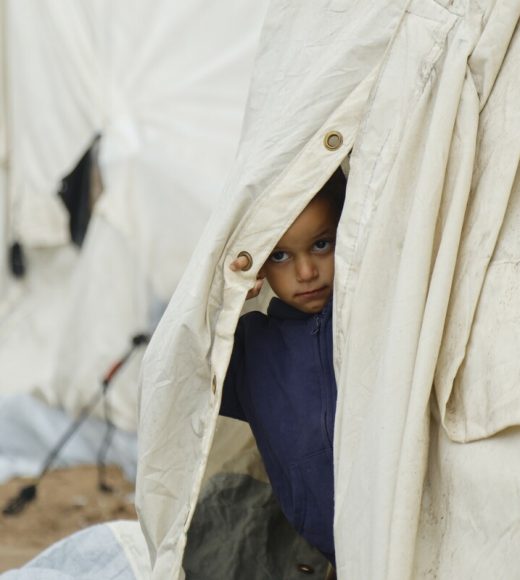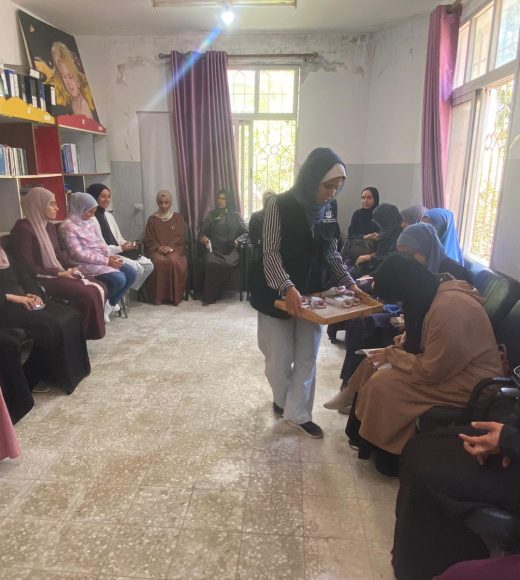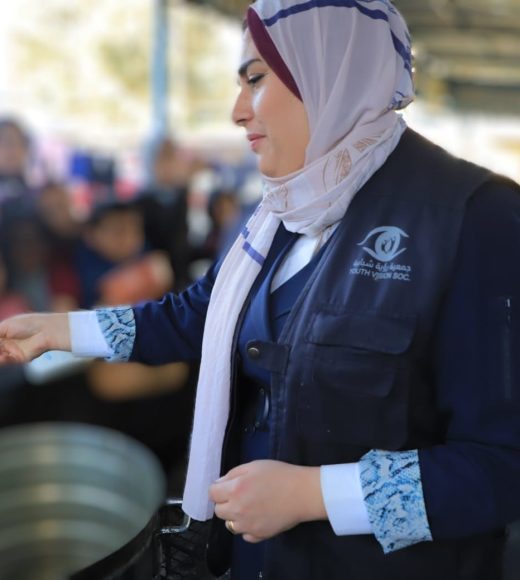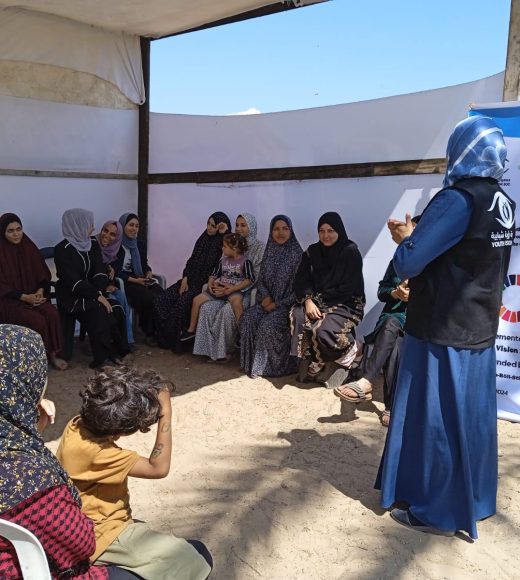

GBV in Gaza
Gender-Based Violence in Palestine is not only a result of deeply rooted patriarchal norms, but also a consequence of the experience of political violence. Existing literature shows a direct link between the increase in sexual and gender-based violence (S/GBV) and exposure to occupation-related violence. The more people are exposed to violence from the occupation, the more likely they will take it home with them. The correlation between political violence and patriarchal structures means levels of violence in Gaza are significantly high. Currently, gender-based violence in Gaza is recording high rates, albeit a key protection and health concern. However, the protracted humanitarian crises in Gaza have exacerbated GBV in all its forms, entailing sexual violence, domestic violence, physiological violence, psychological violence, verbal violence, socio-economic violence, and child marriage.



